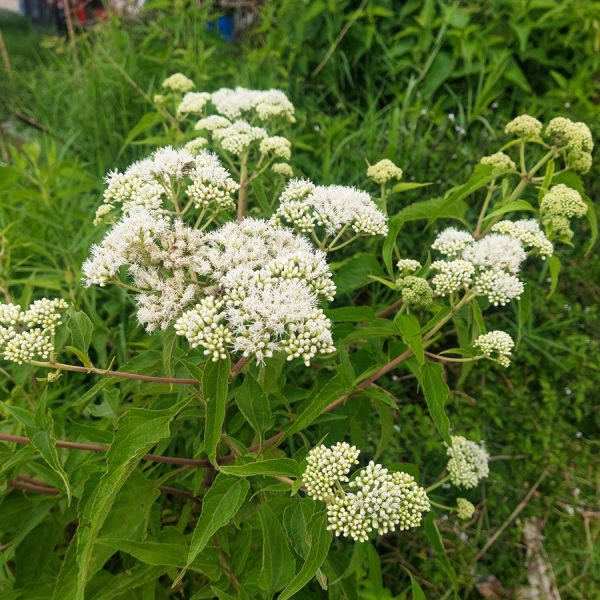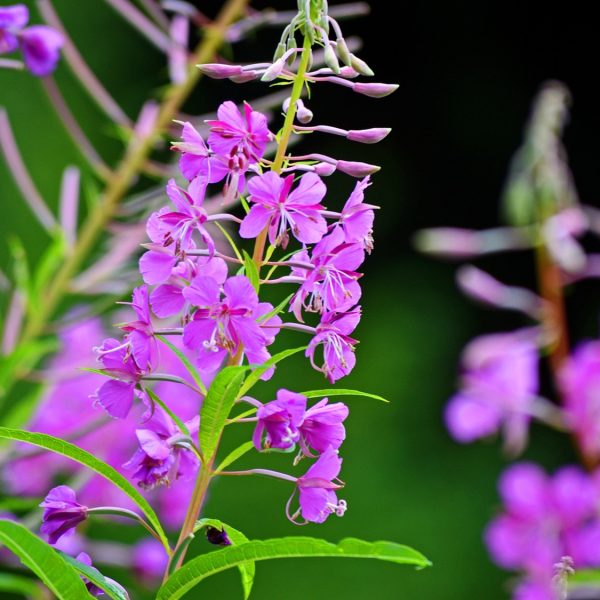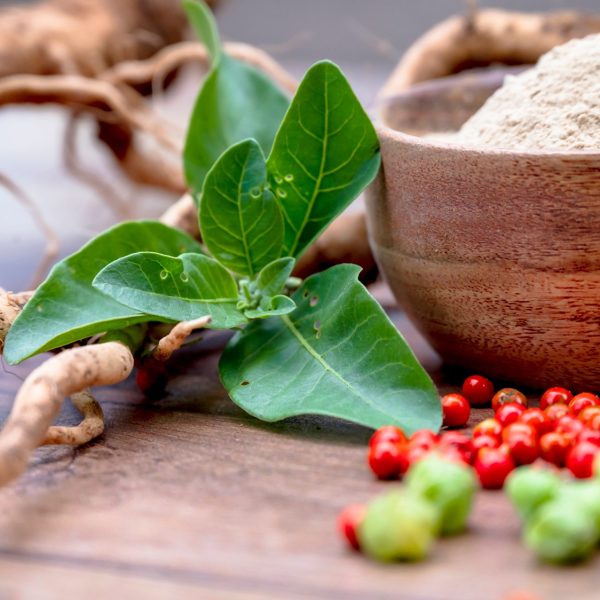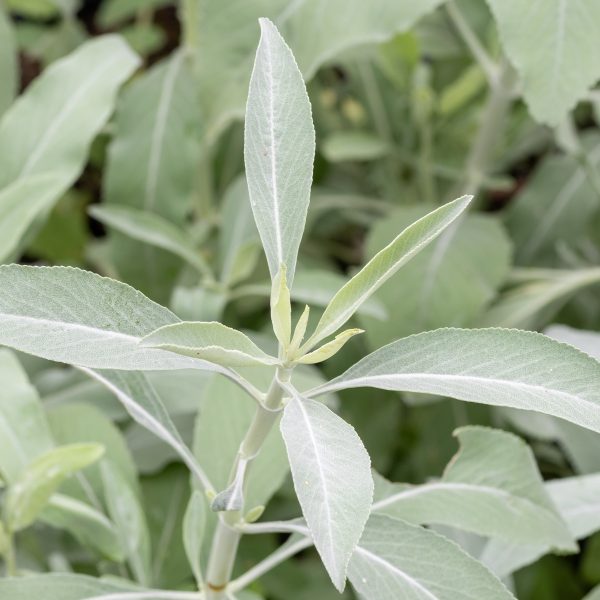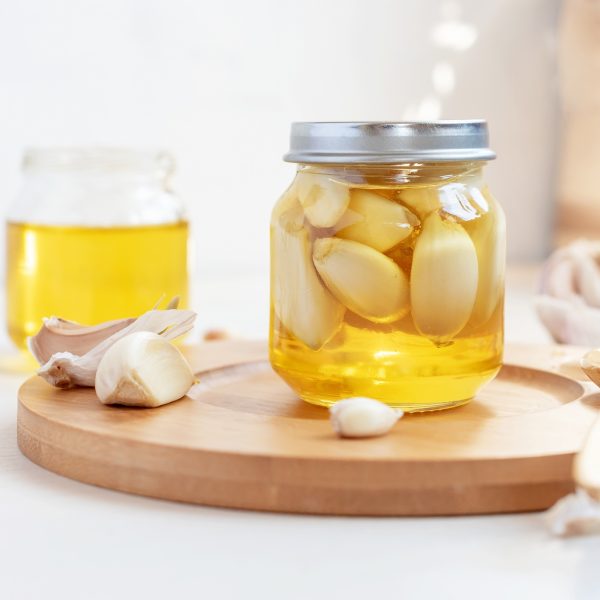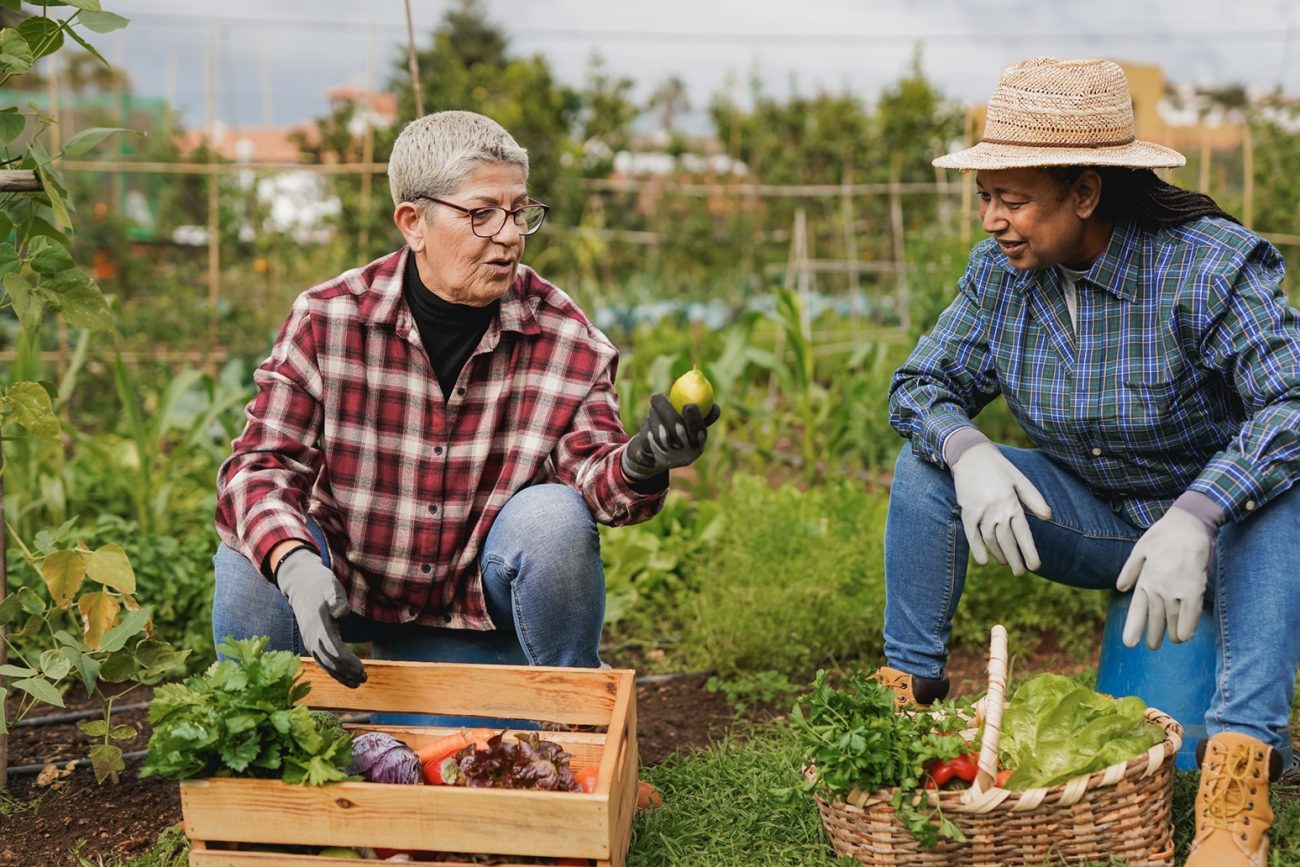
Community gardens provide a vital space for connection that transcends age, culture and background. The act of growing inspires creativity and fosters relationships with community, nature and self.
As an adult, my passion for gardening was primarily fuelled by joining a community garden close to my home. I was living in Hackney with friends in a converted pub, and, like many others living in urban spaces, I had no garden to cultivate.
I had already heard about Capital Growth — a campaign to support community food growing in the city — and so looked up my nearest project, which led me to Cordwainers Garden. It was from this humble patch of land tucked behind the London College of Fashion that my passion for growing really developed.
Little did I know at the time that the garden would also provide the fertile ground on which I changed my entire career path.
Our unique ways of growing

If you ask anyone who gardens why they do it, you’re unlikely to get a simple answer. In a community setting, you can really see everyone’s individuality while also feeling a sense of togetherness. Although we may be growing similar crops, it’s exciting to see each person’s unique approach to doing things.
My runner beans were growing up a preciously angled tripod of bamboo canes. Meanwhile, my neighbour had made use of half of an old clothes horse on her plot. We can appreciate our differences and individual creativity while aiming for similar end goals.
For me, joining a community garden did so much more than just provide a space to grow plants. Not only did it help me connect with neighbours and people from different walks of life, it was also instrumental in my rehabilitation from a nasty bicycle accident.
Over the years, I’ve seen so many people benefit from these spaces, taking from them what they need. For one person, that might be an opportunity to grow the fruits of their homeland, for another it might be picking medicinal plants that their grandmother used to grow, or for another it might simply be an essential respite from the daily grind.
Nurturing space, process and produce

Given that most people living in cities don’t have a garden, being able to grow things is a huge privilege. Community gardens help more people to grow their own food, giving a sense of autonomy and food sovereignty. The garden also invites us to be part of a broader ecology of life beyond our human connections and reminds us of the importance of exchange and mutual aid between people and planet. Being able to nurture something, even if it’s only one small plot, offers hope and a connection that will in turn nurture us in return.
Personally, although I definitely enjoy eating home-grown produce, I take more delight in the process of growing. In our modern capitalist society, it can feel like a radical act of self care to take time out in this way. When I’m gardening, I can while away the hours and lose all concept of time. I’m fairly inefficient, often doing multiple tasks at once and getting distracted by bees and birds, yet, I take great pleasure in being totally absorbed in the process.
We can all appreciate the health and wellbeing benefits from spending time in the natural world, but these benefits dramatically increase when we are actively involved through gardening. We can observe, take notice, learn and see the difference we make with a tangible harvest at the end — a huge sense of achievement.
Sharing, learning and being

The relationships formed in the garden are unlike connections made elsewhere. We can share our own knowledge of plants and growing, teaching others who are just starting out. We can swap seeds, share tools, and exchange plants if we have too many and enjoy the gluts of the season together.
Children can play and learn about the wonders of the natural world, a welcome digital detox for their young minds. Elders can share their wisdom and tried-and-tested tips for an abundant harvest.
With recipes and remedies to share, communities are able to explore cultures different to their own and celebrate diversity. We all have our individual gifts to bring to the garden, whether it be cooking, DIY, turning the compost or making a really good cup of tea.
Together we can feel useful, appreciated and a valued member of our community in a world where this can, for many, be a rare feeling.
Repurposing waste, rewilding space

If you’ve spent some time in community gardens, you’ll also know how ingenious they are at up-cycling materials and turning waste into a resource. So much of what would otherwise be sent to landfill or the incinerators can be assimilated into a gardening project. It might involve using old scaffolding boards to build raised beds, composting food scraps to create compost, or even using spent coffee grounds to grow mushrooms. Small pockets of unused land can be transformed into productive spaces on very small budgets.
Most community gardeners I’ve met are thrifty, often sourcing materials at low costs or for free. There are also lots of great networks of community gardens. In Hackney, we have the Union of Hackney Gardens (not actually a union) and the WhatsApp group is a space where people ask questions, share tips, offer resources and help each other out: “Just seen some old windows going spare on Median Road — could be good for building a cold frame” or “We just dug up loads of spring raspberry canes if anyone wants any”.
Reducing waste is just one of the positive effects that community gardening can have on the environment. These gardens provide vital habitats for a diverse range of wildlife, increasing biodiversity and supporting the ever-declining species numbers. Many gardens also feed into important citizen science projects that can help to monitor and track different species.
There is often a variety of cultivated and wild plants growing in community gardens, with many planting wildlife-friendly plants and creating habitats like ponds and insect hotels. Trying to grow things in an ever-changing and unpredictable climate also teaches us many lessons, the cycle of life and death and how much lies outside of our immediate control.
Connection to Earth

I’ve been involved in community gardening for over 13 years now, and I’ve noticed that for many people, joining a garden acts as a starting point for a deeper connection with the earth. Or sometimes, it’s the supportive ground for reigniting a connection that already existed. This can also help us to connect better with each other, coming together to care for a communal piece of land and work together on shared goals.
I think when we spend more time in these spaces, something can change inside us. We can feel calmer, more grounded and the garden allows us to be ourselves in whatever way we choose to show up. Sitting back for a moment and watching a bee dancing around the sage flowers or a blackbird taking a well-needed bath in a tray of water shows us how we are all interconnected.
The garden helps to awaken or reawaken something inside us that reminds us that we are part of this ecosystem and have a vital role to play. It’s not about putting a fence up around ‘nature’ or ‘conserving’ it to protect it, it’s about collective action and getting involved. When we allow ourselves to do this and truly connect with the land and other beings that we share it with, only then can we fully understand and feel its value.

